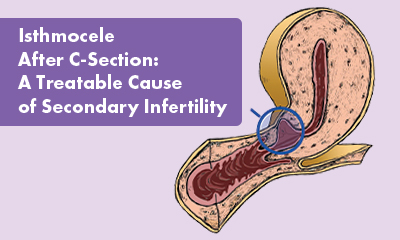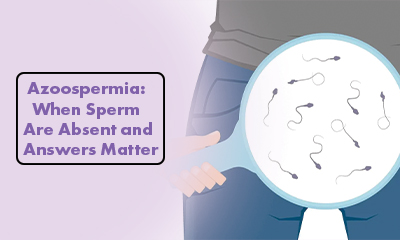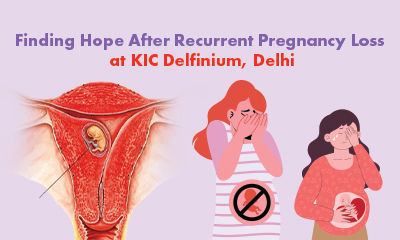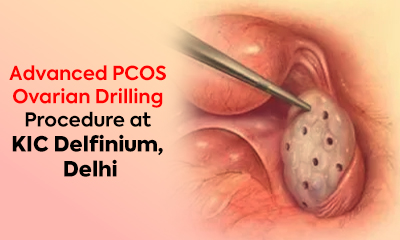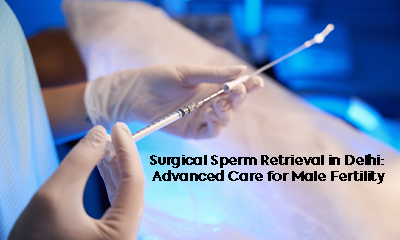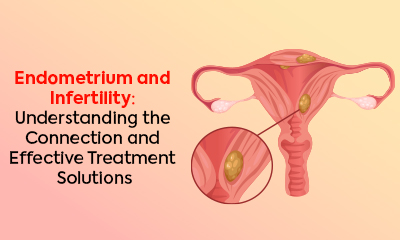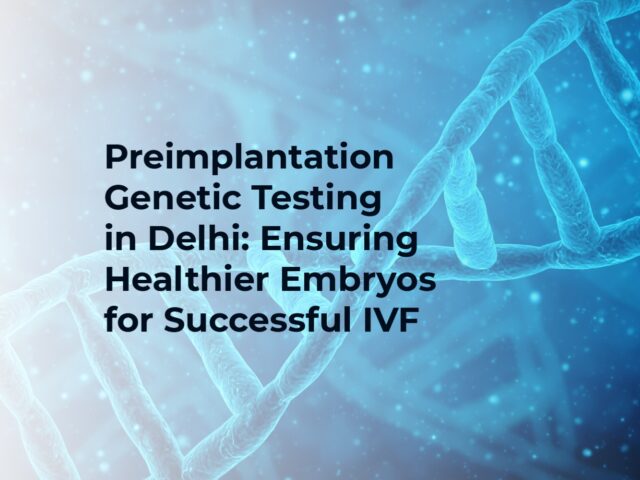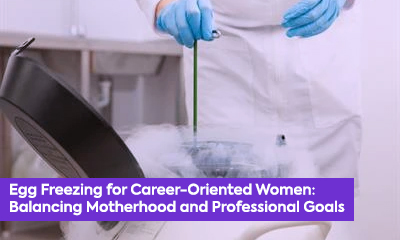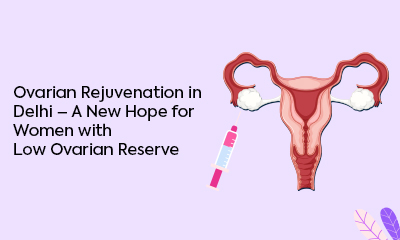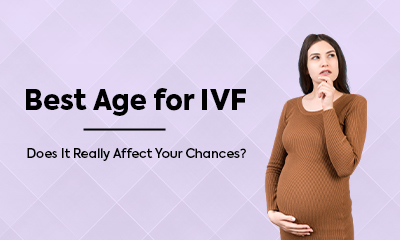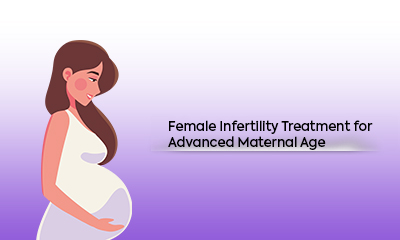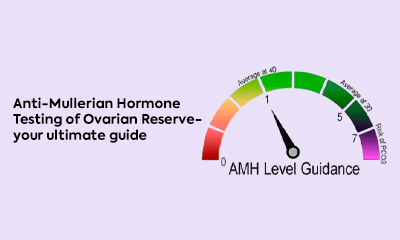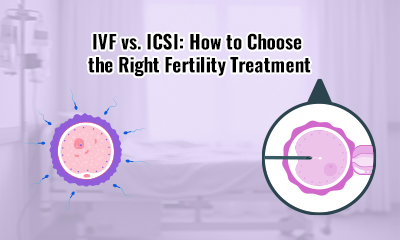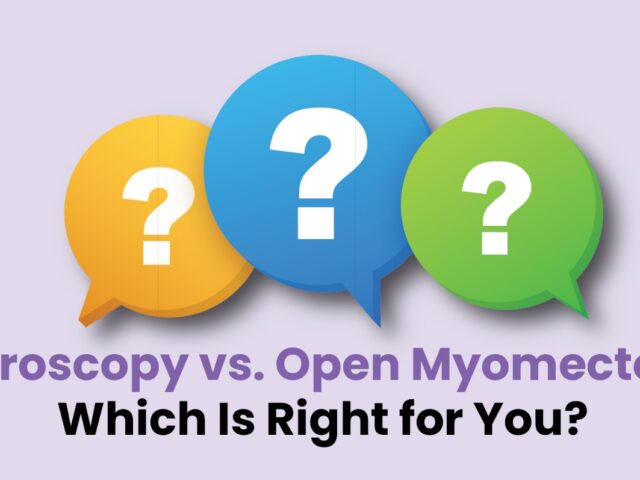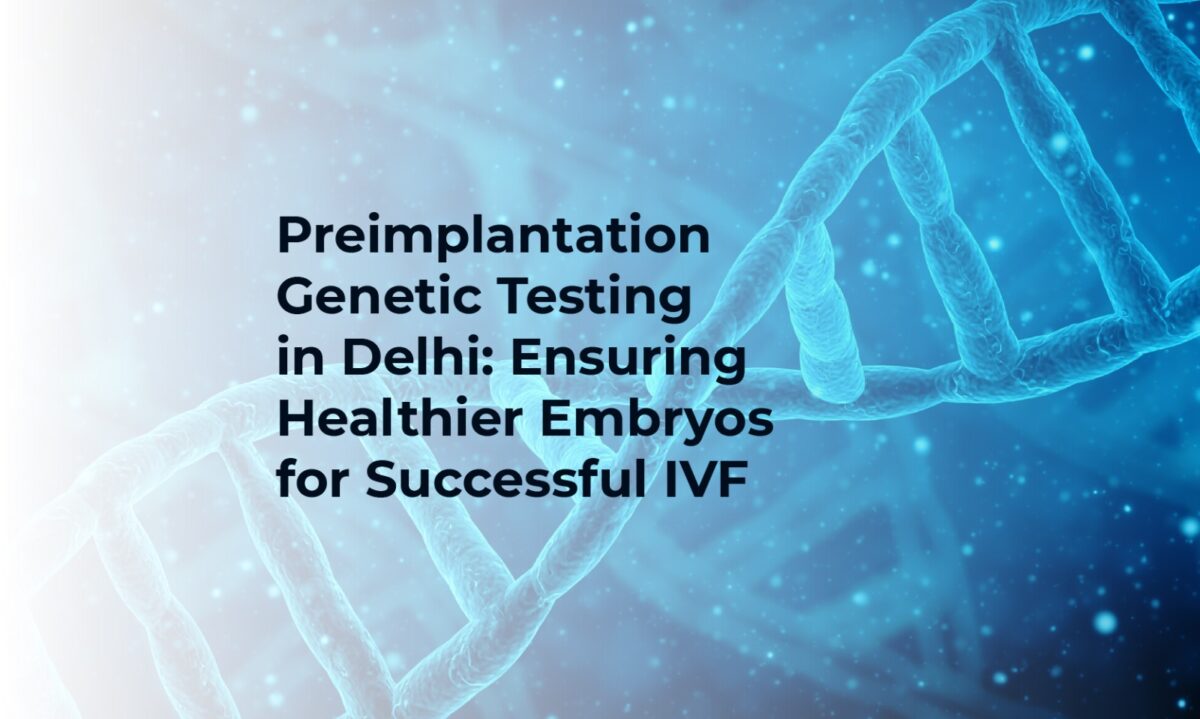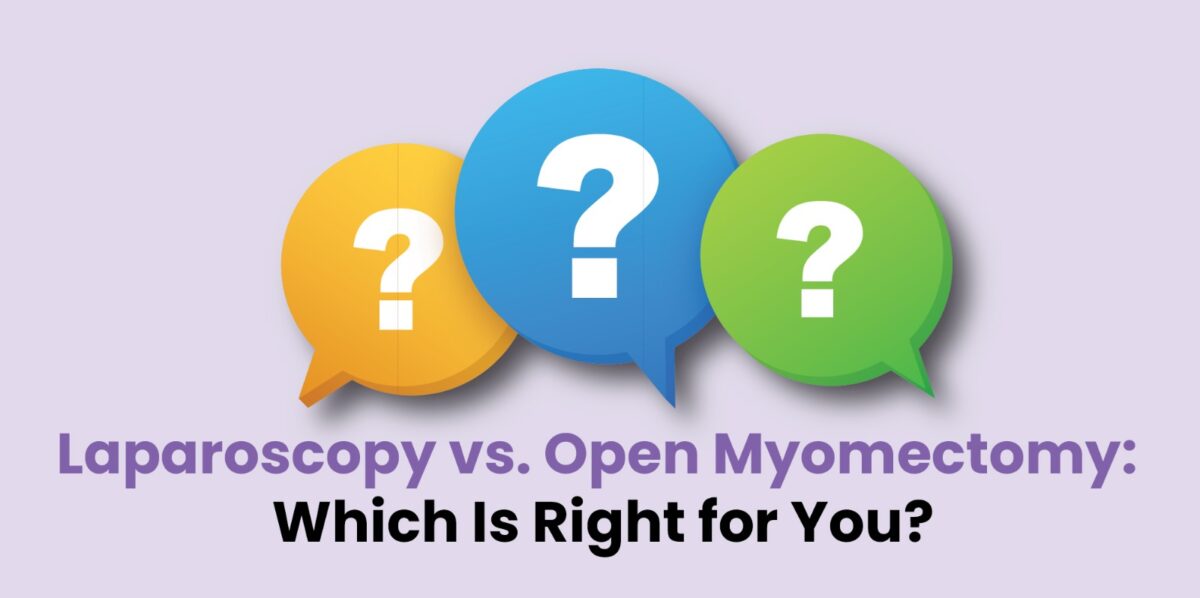Struggling to conceive after an earlier successful pregnancy can be emotionally challenging. In many cases, the issue may not be related to hormones or egg quality but to a previous Caesarean delivery. Isthmocele after C-section is a condition where the uterine scar does not heal completely, leading to abnormal bleeding and fertility difficulties.
With early diagnosis and appropriate isthmocele treatment, many women can successfully conceive again. At KICDelfinium, Delhi, women with unexplained secondary infertility are thoroughly evaluated to identify conditions like isthmocele and provide targeted treatment.
What Is Isthmocele After C-Section?
An isthmocele is a small pouch-like defect that develops at the site of a previous C-section scar. Ideally, the uterine incision heals smoothly after surgery. However, in some women, incomplete healing results in a niche or indentation in the lower part of the uterus.
This defect can trap menstrual blood, preventing complete drainage during periods. Also known as a C-section scar defect, isthmocele is being diagnosed more frequently due to the rising number of Caesarean deliveries.
Symptoms Linked to Isthmocele
The symptoms of isthmocele can differ from one woman to another. Some may not notice any symptoms, while others experience persistent discomfort. Common signs include:
• Brown or dark spotting after menstruation
• Prolonged or heavy periods
• Pelvic pain or pressure
• A feeling that menstrual flow is not complete
Because these symptoms can be subtle, isthmocele often goes undetected, especially when infertility is the main concern.
How Isthmocele After C-Section Impacts Fertility
Isthmocele can affect fertility through several mechanisms:
1. Unhealthy Uterine Environment
Collected old blood within the scar can cause inflammation, making the uterus less supportive for sperm movement and fertilisation.
2. Reduced Implantation Chances
Chronic irritation of the uterine lining can interfere with embryo implantation, leading to repeated conception failure.
3. Menstrual Irregularities
Ongoing spotting may disturb hormonal balance and ovulation timing, lowering the chances of natural conception.
4. Secondary Infertility
Many women with isthmocele experience difficulty conceiving after a previous childbirth, most commonly following a C-section.
Who Is at Higher Risk of Developing Isthmocele?
Women are more likely to develop isthmocele after C-section if they have:
• One or more Caesarean deliveries
• Closely spaced or multiple C-sections
• Delayed or poor surgical wound healing
• Persistent abnormal bleeding after delivery
It is important to understand that isthmocele can occur even after a single C-section.
How Is Isthmocele Diagnosed?
At KICDelfinium, Delhi, diagnosis involves advanced imaging techniques such as:
• Transvaginal ultrasound
• Saline infusion sonography (saline scan)
These tests help evaluate the depth and size of the scar defect and determine whether it is responsible for infertility or abnormal bleeding. Early and accurate diagnosis is essential for planning the most effective isthmocele treatment.
Isthmocele Treatment Options
Isthmocele is a treatable condition, and treatment is tailored to the individual based on symptoms, defect size, and future pregnancy plans. Common isthmocele treatment options include:
• Hysteroscopic–Vaginal Surgical Repair is a minimally invasive approach performed through the uterus, with vaginal access used in selected cases based on the patient’s condition and clinical requirements.
• Laparoscopic surgery, recommended for deeper or extensive defects
Surgical correction helps restore normal uterine structure, improves menstrual symptoms, and significantly enhances fertility and IVF success rates.
Why Timely Isthmocele Treatment Is Important
Delaying treatment can result in ongoing symptoms and repeated fertility failures. Early intervention reduces inflammation, improves uterine health, and increases the chances of a successful pregnancy. Women planning future conception benefit greatly from prompt evaluation and correction.
When Should You Consult a Fertility Specialist?
You should consider seeing a fertility specialist if you have:
• A history of C-section delivery
• Unexplained secondary infertility
• Persistent spotting after periods
• Heavy or prolonged menstrual bleeding
• Multiple failed fertility treatments without a clear cause
At KICDelfinium, a comprehensive and personalised approach ensures accurate diagnosis and effective management of isthmocele and other fertility-related conditions.
Conclusion
Isthmocele after C-section is an often overlooked but significant cause of infertility and abnormal uterine bleeding. With timely diagnosis and appropriate isthmocele treatment, women can experience symptom relief and improved chances of conception. Early consultation with an experienced fertility specialist at KICDelfinium, Delhi can make a meaningful difference in achieving a healthy pregnancy.
Frequently Asked Questions (FAQs)
1. Can isthmocele after C-section cause infertility?
Yes. It can interfere with sperm transport and embryo implantation, leading to secondary infertility.
2. Is isthmocele treatment always surgical?
Not always. Surgery is recommended when symptoms or fertility issues are present, depending on the defect’s severity.
3. Can pregnancy occur without isthmocele treatment?
Mild cases may conceive naturally, but treatment often improves pregnancy outcomes.
4. Does isthmocele treatment improve IVF success?
Yes. Correcting the scar defect significantly improves implantation and IVF success rates.
5. Is isthmocele treatment safe?
When performed by experienced fertility specialists, the procedure is safe and highly effective.


